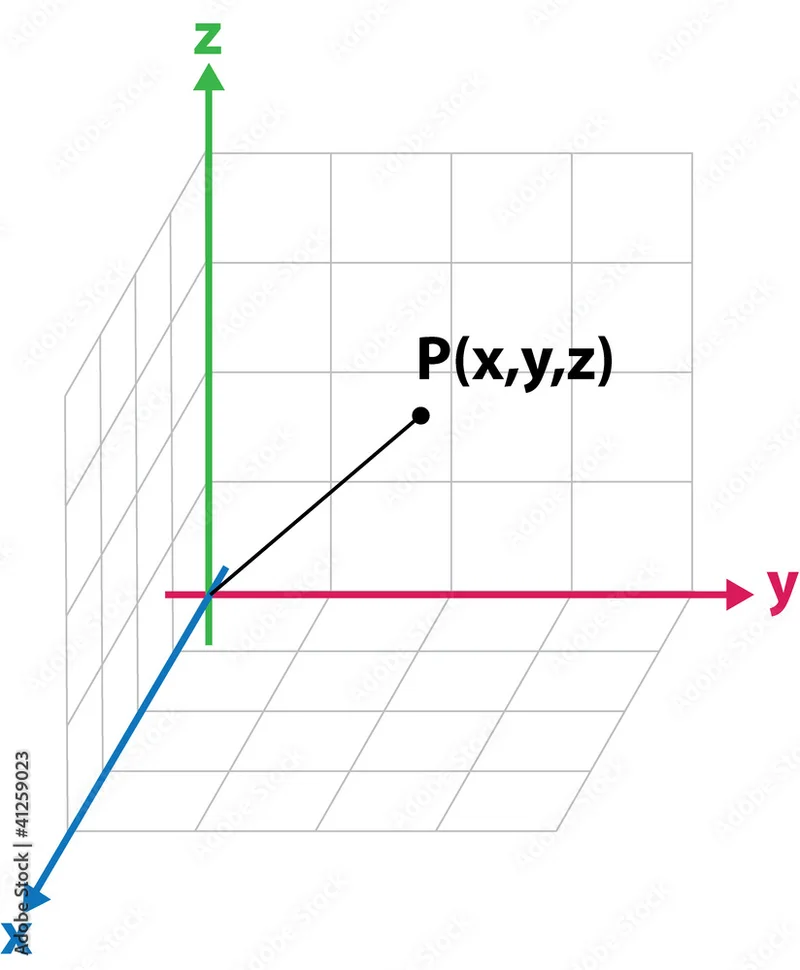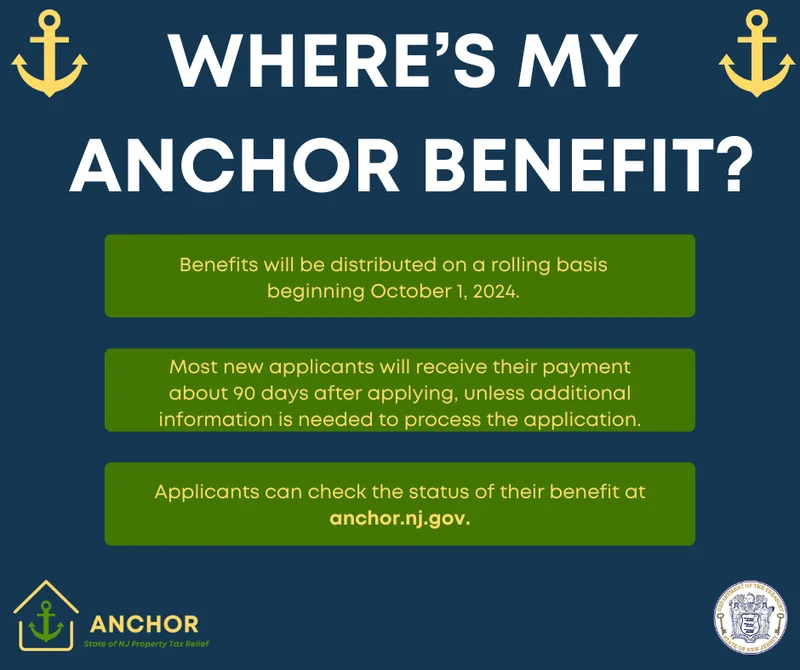xyz stock: What Happened?
Browser Snafu or Sign of the Times?
The internet, that vast and often perplexing digital ocean, occasionally throws up a digital "Pardon Our Interruption" message. It's a jarring experience – one minute you're browsing, the next you're being accused (rightly or wrongly) of being a bot. This isn't just a minor inconvenience; it's a symptom of a larger, more complex issue.
The Bot Paradox
The stated reasons behind these interruptions are fairly straightforward: disabled JavaScript, superhuman browsing speed, disabled cookies, or browser plugins interfering with JavaScript. But let's be real: how many "normal" users are disabling JavaScript these days? (Outside of security-conscious nerds, I mean). The real culprit, more often than not, is overzealous bot detection.
Companies are in a constant arms race against malicious bots – scrapers, spammers, and DDoS attackers, to name a few. To combat these threats, they deploy increasingly sophisticated detection methods. The problem? These methods often cast too wide a net, ensnaring legitimate users in the process. It's a classic case of collateral damage in the digital war.
The irony here is thick enough to spread on toast. We're building a web that's increasingly dependent on JavaScript (for "dynamic" experiences), cookies (for "personalized" experiences), and a whole host of tracking technologies. Yet, if you dare to deviate from the norm – by, say, using a privacy-focused browser or a plugin that blocks trackers – you're immediately flagged as suspicious. Is this really the user experience we want? And, perhaps more fundamentally, are we sacrificing usability at the altar of security paranoia?
The Cost of "Security"
Think about the implications. A user who values their privacy, who takes steps to protect their data, is more likely to be blocked or challenged with CAPTCHAs. Meanwhile, the average user, blissfully unaware of the tracking happening behind the scenes, sails through without a hitch. It's a perverse incentive structure that rewards ignorance and punishes awareness.

I've seen anecdotal evidence of this in various online communities. Users report being blocked from websites for simply using a VPN or a specific browser extension. While I lack the data to quantify this precisely, the pattern is clear: taking control of your online experience can make that experience demonstrably worse. It’s like being penalized for wearing a seatbelt.
And this is the part of the report that I find genuinely puzzling. Are companies so desperate to track our every move that they're willing to alienate a segment of their user base? The logic, I suppose, is that the potential revenue loss from blocking a few privacy-conscious users is outweighed by the benefits of gathering more data on the rest. But is that really a sustainable strategy in the long run?
A Call for Sanity
What's the solution? It's not as simple as "disable bot detection." Malicious bots are a real threat, and companies have a legitimate need to protect themselves. But there needs to be a more nuanced approach – one that doesn't treat every user with suspicion. Maybe it's time to rethink our reliance on JavaScript and cookies, or to develop bot detection methods that are less prone to false positives. (Perhaps, even, a touch of good faith in users' intentions wouldn't go amiss.)
Ultimately, the "Pardon Our Interruption" message is more than just a technical glitch. It's a reflection of the increasingly adversarial relationship between users and the websites they visit. And if we're not careful, that relationship will only continue to deteriorate.
The Price of Paranoia
-

Warren Buffett's OXY Stock Play: The Latest Drama, Buffett's Angle, and Why You Shouldn't Believe the Hype
Solet'sgetthisstraight.Occide...
-

The Business of Plasma Donation: How the Process Works and Who the Key Players Are
Theterm"plasma"suffersfromas...
-

The Great Up-Leveling: What's Happening Now and How We Step Up
Haveyoueverfeltlikeyou'redri...
-

NJ's ANCHOR Program: A Blueprint for Tax Relief, Your 2024 Payment, and What Comes Next
NewJersey'sANCHORProgramIsn't...
-

The Future of Auto Parts: How to Find Any Part Instantly and What Comes Next
Walkintoany`autoparts`store—a...
- Search
- Recently Published
-
- Stock Market 'News': Today's US Market Spin and the 'Live' Updates
- IRS Direct Deposit Relief Payments: What This Breakthrough Means for Your Financial Prosperity
- Bilbao: What the Data Reveals
- Outback Steakhouse Closures: The Financials Behind the Shutdown and Which Locations Are Gone
- The Burger Bubble Just Popped: Why Your Go-To Spot is Next on the Chopping Block
- The Bio-Hacked Human: What the New Science of the Core Reveals About Our Future
- Ore: What It Is and Why It Matters
- Firo: What is it?
- Avelo Airlines: FAA Cuts and the Lakeland Linder Opportunity
- Rocket Launch Today: What Happened and the Mystery Fireball
- Tag list
-
- Blockchain (11)
- Decentralization (5)
- Smart Contracts (4)
- Cryptocurrency (26)
- DeFi (5)
- Bitcoin (29)
- Trump (5)
- Ethereum (8)
- Pudgy Penguins (5)
- NFT (5)
- Solana (5)
- cryptocurrency (6)
- XRP (3)
- Airdrop (3)
- MicroStrategy (3)
- Stablecoin (3)
- Digital Assets (3)
- PENGU (3)
- Plasma (5)
- Zcash (6)
- Aster (4)
- investment advisor (4)
- crypto exchange binance (3)
- bitcoin price (3)
- SX Network (3)
